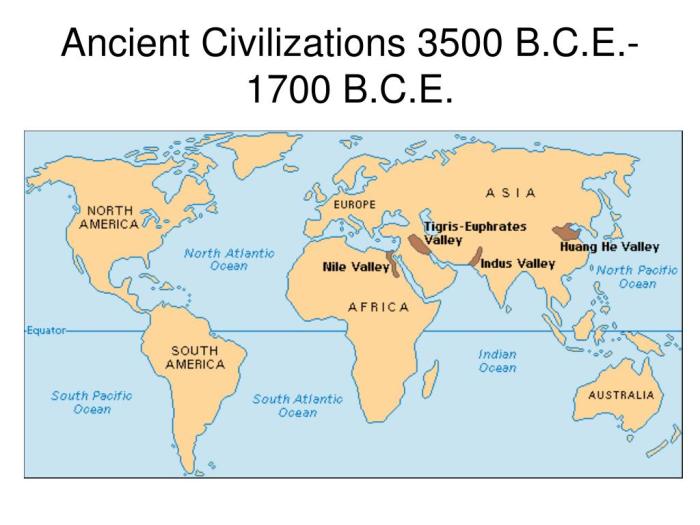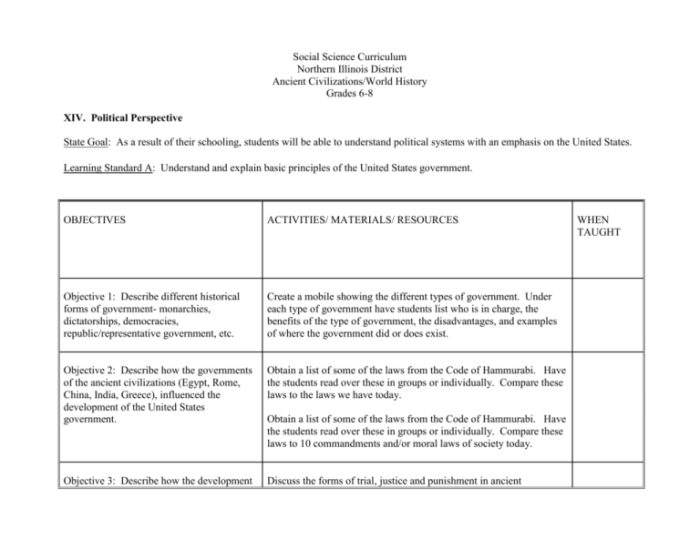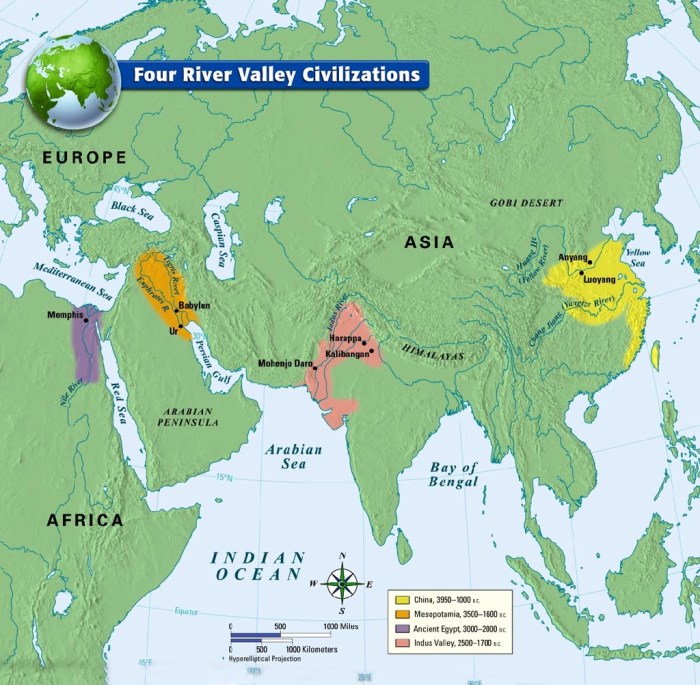Delve into the depths of world history with our comprehensive World History Ancient Civilizations Answer Key PDF. This invaluable resource unlocks the mysteries of ancient civilizations, providing a profound understanding of their contributions to human development and the foundations of our modern world.
From the bustling metropolises of Mesopotamia to the enigmatic pyramids of Egypt, this guide unravels the intricate tapestry of ancient societies, shedding light on their social structures, technological advancements, and cultural legacies.
Ancient Civilizations in World History: World History Ancient Civilizations Answer Key Pdf

Studying ancient civilizations is crucial for understanding the development of human societies. They provide insights into the origins of complex social structures, technological advancements, and cultural traditions that have shaped the world as we know it today. By examining ancient civilizations, we gain a deeper appreciation for the diversity and ingenuity of human history.
Key Concepts in Ancient Civilizations
Ancient civilizations are characterized by key concepts such as urbanization, agriculture, and social organization. Urbanization refers to the development of permanent settlements with a dense population and specialized functions. Agriculture allowed for a stable food supply and surplus, leading to the growth of populations and the emergence of social hierarchies.
Social organization involves the division of labor, social stratification, and the development of institutions to maintain order and cooperation.
Cultural and Technological Innovations, World history ancient civilizations answer key pdf
Ancient civilizations were also centers of cultural and technological innovation. The invention of writing, mathematics, and astronomy revolutionized human knowledge and communication. Artistic expressions, such as sculpture, painting, and architecture, flourished, leaving behind a rich legacy of cultural heritage. Technological advancements, including the wheel, irrigation systems, and metalworking, enhanced productivity and improved living conditions.
Social Structures and Political Systems
Ancient civilizations exhibited diverse social structures and political systems. Some, like the Mesopotamian and Egyptian civilizations, developed centralized governments with kings or pharaohs at the helm. Others, such as the ancient Greeks and Romans, experimented with democratic and republican forms of government.
The role of religion, warfare, and trade played a significant role in shaping these social and political structures.
Economic Systems and Trade Networks
Ancient civilizations developed various economic systems, including agriculture, trade, and manufacturing. Trade networks connected civilizations across vast distances, facilitating the exchange of goods, ideas, and technologies. The Silk Road, for instance, stretched from China to Europe, fostering cultural and economic exchange between diverse regions.
Environmental Impact and Sustainability
Ancient civilizations had a profound impact on their environments. Deforestation, irrigation, and urbanization altered ecosystems. While some civilizations managed their resources sustainably, others faced challenges such as soil erosion and water scarcity. Understanding the environmental practices of ancient civilizations provides insights into the long-term consequences of human activities on the planet.
FAQ Explained
What is the significance of studying ancient civilizations?
Ancient civilizations provide invaluable insights into the origins and evolution of human societies, offering a foundation for understanding our present world.
Can you provide examples of prominent ancient civilizations?
Mesopotamia, Egypt, India, China, and Greece are among the most well-known and influential ancient civilizations, each contributing significantly to the development of writing, agriculture, and political systems.
How were ancient civilizations researched and analyzed?
Archaeological excavations, historical texts, and comparative studies are key methods used to research and analyze ancient civilizations, providing valuable information about their daily lives, beliefs, and achievements.

